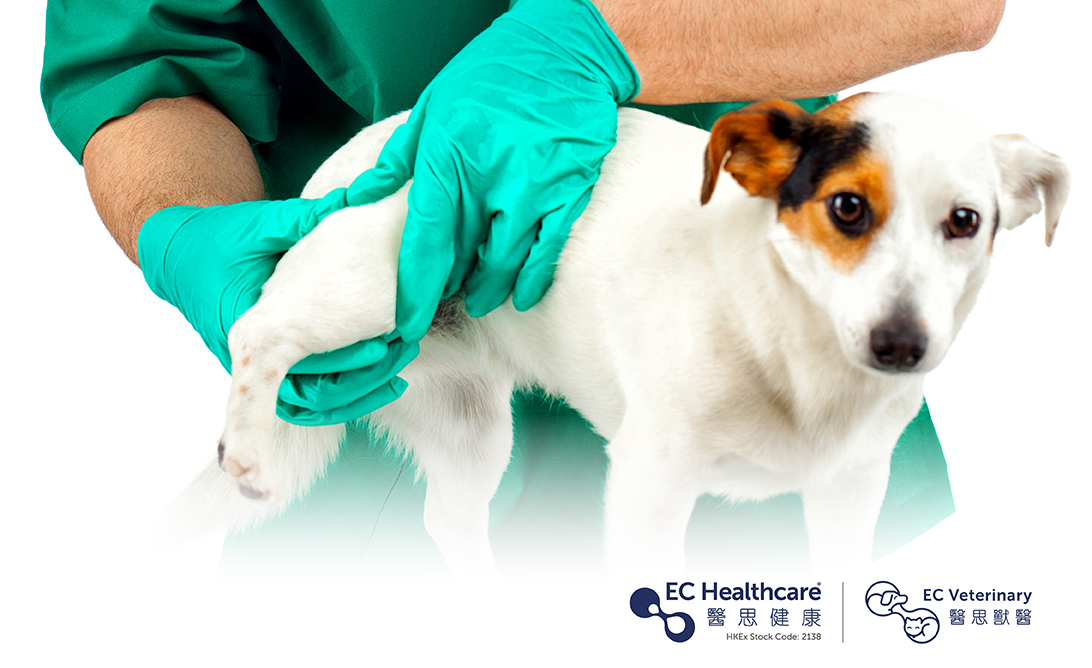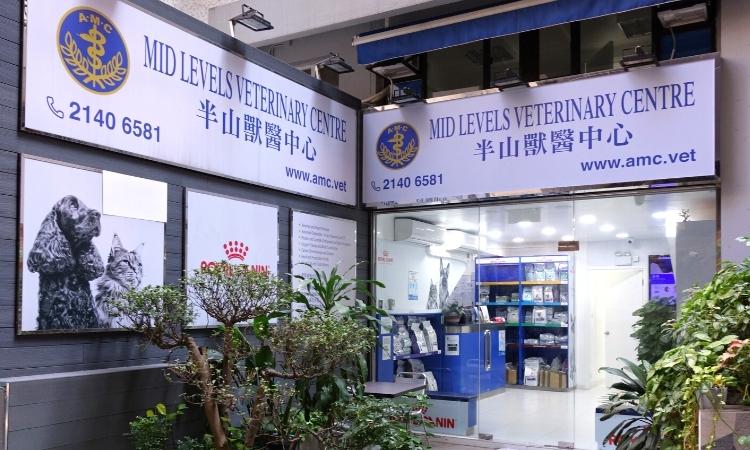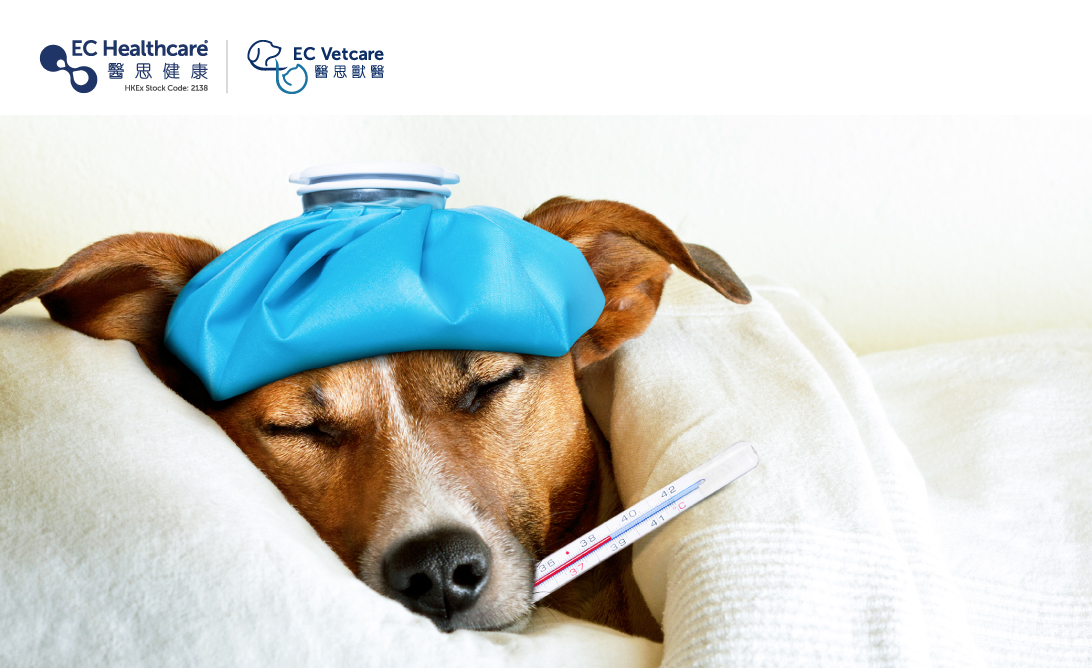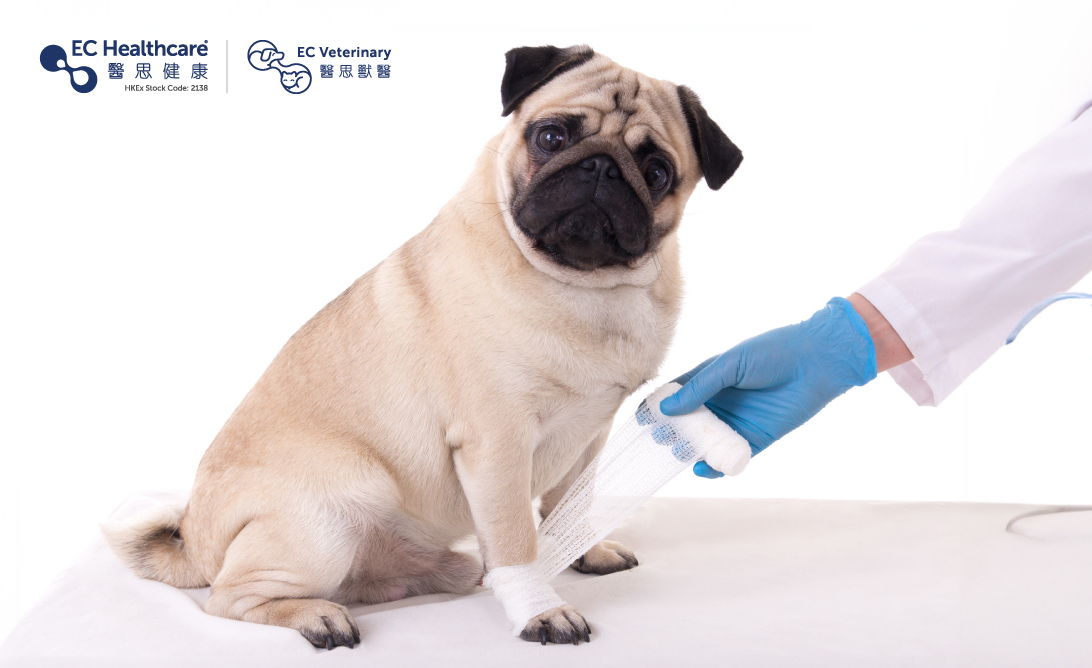Too Painful to Walk? Know More About Hip Problems in Dogs!


Every dog owner likes to bring their furry friend out to have some fun, be it indoors or outdoors. They try their best to make their dogs run or jump using toys or snacks, and cannot help but keep pressing the camera shutter at their lovely appearances. However, if you cannot attract your pets with these tricks anymore, or if they become increasingly slower in walking, these may be the signs of lesions and degeneration in their hip joints, which will largely interfere with their daily lives. Therefore, every dog owner should know more about hip problems in dogs.
A hip joint is a caved-in structure linking the pelvis and the femur. A healthy hip joint should cover the upper femoral head, serving as the main support for the running, jumping and climbing movements of dogs. In a normal hip joint, the femoral head should closely fit into the acetabulum; otherwise, both structures will wear away, loosen and even dislocate.
Many dogs may not show any symptoms even with hip problems, but towards the intermediate and advanced stages, you may notice a sway, limping and weakness in their hindquarters and muscle atrophy. They may also get tired easily during exercises and become unwilling to walk. If these symptoms occur, you should bring your dog to the vet immediately!
The main cause of hip problems is hereditary dysplasia, which generally refers to the deformity of the hip joint (femur and acetabulum). The joint cannot withstand the body weight of the dog. The cartilage and the synovial membrane will also wear away with the dog’s frequent brisk movements, leading to inflammation. Prolonged inflammation will trigger bony growth and bone spurs, which can lead to severe pain and lameness if left untreated.
Small and large dogs can both be affected by hip disorders. Large breeds such as Labrador, Golden Retriever, German Shepherds, Saint Bernards and Chow Chow are heavier, thus exerting more pressure on the hip joints. Small breeds such as Bulldog, Corgi and Shiba Inu may suffer from damaged hip joints due to rapid weight gain, obesity and excessive exercise intensity.
The key to preventing and improving hip problems in dogs is weight loss. You should bring your dog for a moderate walk every day and restrict its brisk running and jumping activities. Swimming, applying a hot compress and massage also help. You can prepare a diet rich in nutrients promoting cartilage growth and combating inflammation, such as collagen and curcumin. If feasible, you may also use grass mats or an anti-slippery surface at home to prevent injuries due to a slippery surface.
Related Brands







